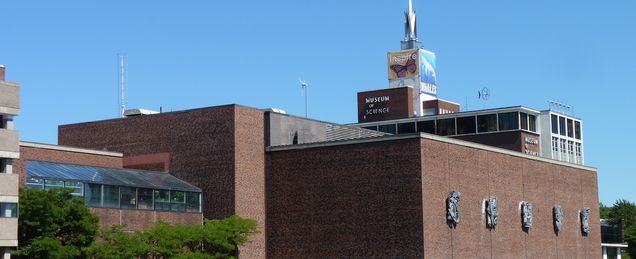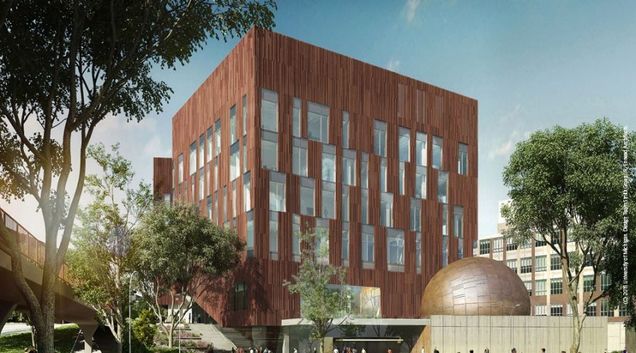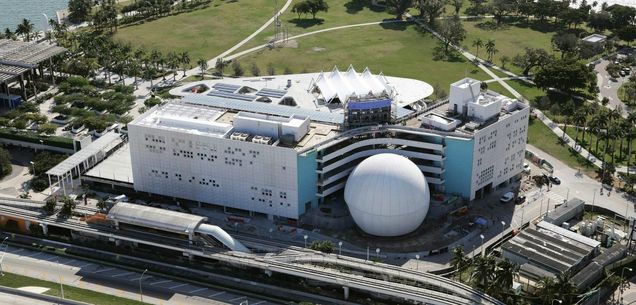CELL-MET Receives Supplemental Funding for Museum Activity Kits
A focus on solving major health issues, such as heart disease, provides a pathway to engage youth who seek positive real-world impact. As the country’s demographics transform to a minority-majority population, gaps in the inspiration and preparation of K-12 students will become engineering workforce gaps. However, this project can help combat these challenges by providing K-12 students with activities to educate them about engineering solutions to culturally relevant challenges so the students can see how their involvement in STEM careers could positively impact their communities.
Activity kits will be deployed across the U.S. to introduce museum visitors to CELL-MET research, while enhancing the capacity of science museums to educate their audiences about how engineering can solve real-world challenges. Through the creation of physical activities as well as professional development trainings for museum educators, science museums across the United States will be better equipped to communicate engineering concepts with diverse audiences. Faculty and staff from Boston University (BU), University of Michigan (UM), Florida International University (FIU) will work closely with museum educators from Museum of Science in Boston, University of Michigan Natural History Museum, FROST Science Museum in Miami and the Museum of Discovery and Science in Fort Lauderdale, to create culturally relevant and inclusive engineering activity kits that will be distributed to science museums across the U.S.
This project seeks to merge several models of learning to create a unique approach to engaging multiple generations of students in STEM identity development while exposing a broad and diverse audience to engineering. Considered in the project design, the leadership team intends that the outcomes and the project model could be shared broadly. Further, there will be measurable results at the university-level and in science museums across the United States.
In year one, the first priority is to create a strong shared foundation of CELL-MET research and activity kit goals and use this foundational knowledge to create the underpinning for the activity kit . The goals for Year 2 will be to distribute the kits across a broad network of museums, giving youth participants the opportunity to learn about engineering through hands-on activities, and assessing the impact of the activities on youth participants’ understanding of the content. The project aims to reach a total of 50-60 museums total during Year 2.
Boston Museum of Science: https://www.mos.org/

University of Michigan Natural History Museum: https://lsa.umich.edu/ummnh

FROST Science Museum in Miami: https://www.frostscience.org/

Museum of Discovery and Science in Fort Lauderdale: https://mods.org/
